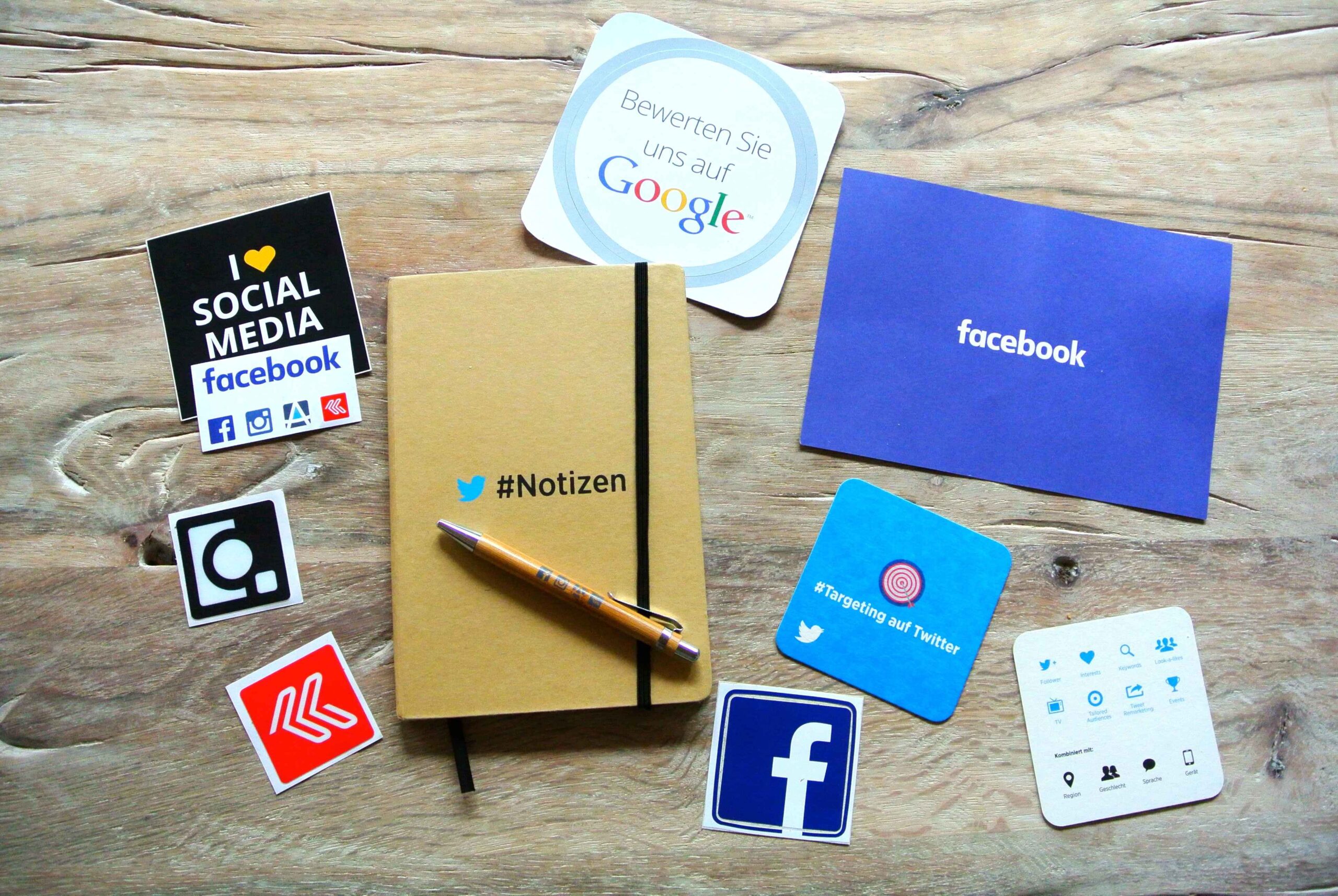Mental Health and Social Media – The Hidden Effects of Online Life
By: Asha Ranjan
Social media is a huge part of our lives, especially for teens. Platforms like Instagram, TikTok, and Snapchat offer ways to stay connected and have fun. But while these apps can help us feel close to friends and entertained, they can also have negative effects on mental health. Teens today are facing pressure to look perfect online, constantly compare themselves to others, and deal with the anxiety of getting enough likes or comments.
One of the biggest issues with social media is the pressure to look perfect. Everyone’s posts seem so curated, flawless selfies, luxurious vacations, and ideal body types. This can make us feel like we’re not enough, especially when we compare our real lives to what we see online. A study found that 56% of teen girls and 39% of teen boys said they felt worse about their body image after being on social media. This constant comparison to celebrities or influencers with “perfect” lives can leave teens feeling insecure about how they look or how much fun they’re having. It’s easy to forget that what we see online isn’t always real—most of it’s edited or staged.
Another problem social media creates is the pressure to get validation from others. When we post something, we often check to see how many likes, comments, or shares it gets. It can feel like our self-worth is based on how many people approve of us online. This can lead to stress, especially if a post doesn’t get the reactions we hoped for. For some teens, this need for online approval can turn into anxiety, as they feel like they’re living for likes rather than just being themselves. Social media also has a darker side: cyberbullying. Since people can hide behind screens, it’s easier to send mean or hurtful messages without facing any consequences. A study in 2020 showed that over 35% of teens experienced bullying online. This can lead to serious emotional damage, like depression and anxiety. In extreme cases, it can even contribute to self-harm or worse.
So, how can teens protect their mental health while using social media? First, it’s important to understand that most of what we see online isn’t real. Influencers and celebrities often post only the best parts of their lives, which are carefully curated and edited. Knowing this can help teens stop comparing themselves so much. Another key is setting boundaries for screen time. Spending hours scrolling through social media can lead to burnout and feelings of inadequacy. Studies show that teens who spend less than three hours a day on social media are less likely to experience anxiety or depression. It’s also important to find activities outside of social media, like sports or spending time with family and friends, to stay balanced.
Lastly, following accounts that promote positivity and self-love can help create a better online experience. Accounts that focus on body positivity, mental health awareness, and real-life struggles can be uplifting. Teens should also be reminded that social media doesn’t define them. Their worth isn’t based on how many likes they get.
Sources
American Psychological Association, 2021. Social Media and Mental Health: Understanding the Impact. Available at: https://www.apa.org/news/press/releases/2021/04/social-media-mental-health [Accessed 3 Jan. 2025].
Cyberbullying Research Center, 2020. Cyberbullying Statistics and Trends. Available at: https://cyberbullying.org/cyberbullying-statistics (Accessed 3 Jan. 2025).
Cyberpsychology, Behavior, and Social Networking, 2022. The Impact of Social Media on Depression and Anxiety among Teens. Cyberpsychology, Behavior, and Social Networking, 25(5). Available at: https://doi.org/10.1089/cyber.2021.0413 (Accessed 3 Jan. 2025).
Pew Research Center, 2021. Teens, Social Media, and Technology. Available at: https://www.pewresearch.org/fact-tank/2021/04/07/teens-social-media-technology-2021/ (Accessed 3 Jan. 2025).





0 Comments